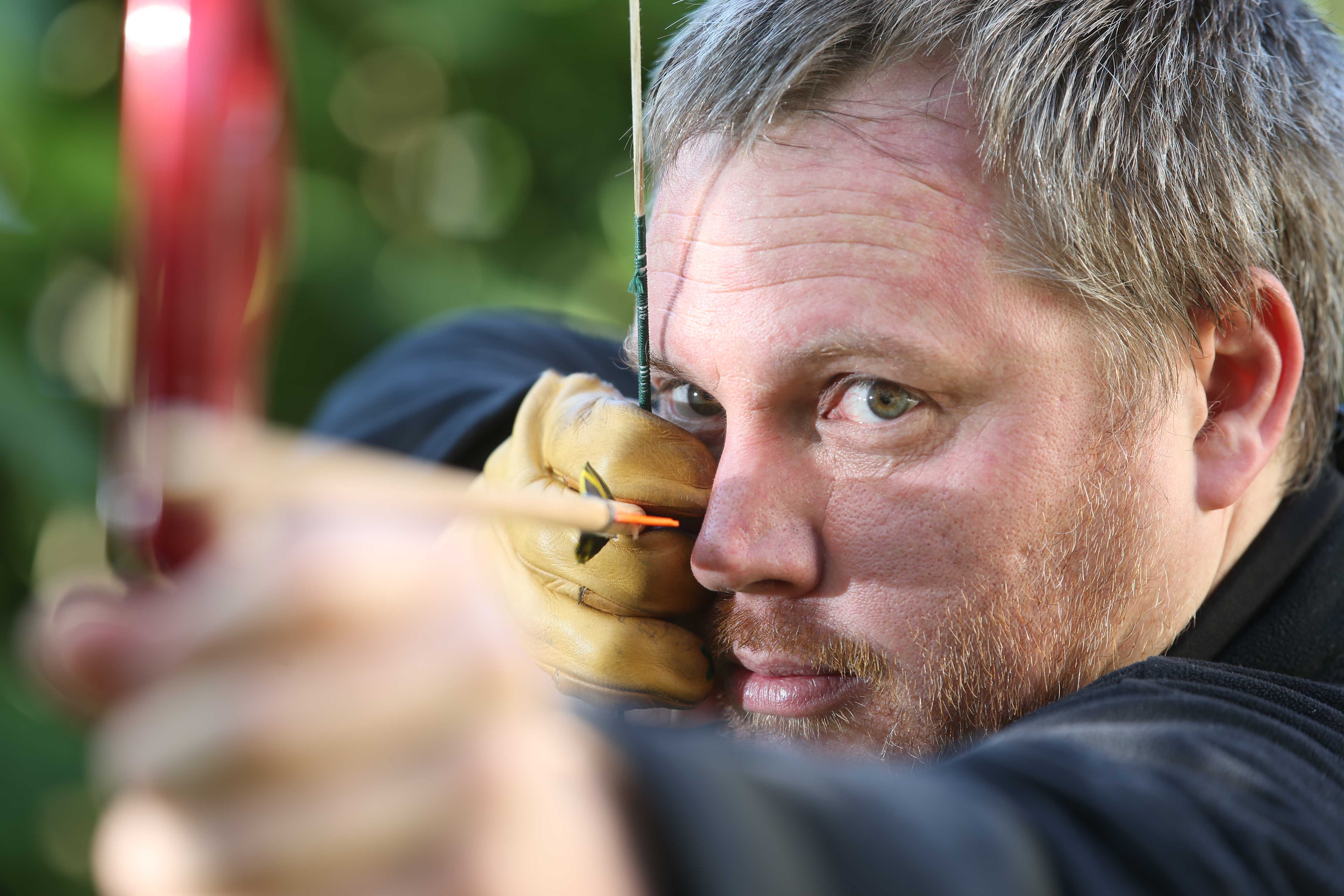Pictured left: Dr Gareth Griffiths of Cardiff University
A new medical procedure for treating oesophageal cancer is being trialled by researchers across Wales. Run by the Wales Cancer Trials Unit, part of Cardiff UniversityÔÇÖs newly formed College of Biomedical and Life Sciences, the trials involve combining three commonly used methods of tackling the disease: chemotherapy, radiotherapy and surgical removal. The standard treatment for this particular cancer is usually a course of radiotherapy, which is designed to reduce the tumour size, followed by surgical removal. However, this new procedure uses chemotherapy to further improve recovery by targeting any cancer cells, which may break away and travel around the body causing tumours to grow elsewhere. This technique has been used by numerous clinicians previously but has never been put to trial to objectively measure its effectiveness.
This particular trial is a Phase two, where dosages of chemotherapy drugs are being refined and side effects are identified and managed. If successful at this stage, the trial will then be taken to Phase three where the new treatment may be compared with the standard radiotherapy and surgical removal approach or different doses may be compared. Following this, the treatments will be randomised across a sample of patients. Finally, if the treatment is shown to work significantly, the results will be published and depending on its effectiveness in relation to the cost of provision, the treatment may become a standard approach within NHS hospitals.
While treatments such as this are being developed to attack the disease in its later stages, research is also being carried out within Cardiff University around the early stages of cancers. Lab studies are working to understand cancer on cellular levels and identify drugs that can be used to destroy cancer cells. When drugs are successful at this within lab settings, they are then brought to the trials unit, to be tested in human patients. The team at the Wales Cancer Trials Unit, led by Dr Gareth Griffiths, play a large role in participant recruitment, without which the groundbreaking research into cancer treatments could not go ahead. Often clinicians will approach the team with a patient who they feel may be suitable for the treatment being trialled, or in other cases patients themselves will identify an experimental procedure as something they would like to try.
In an interview with Dr Griffiths, he explained that ÔÇ£the work within the unit is mostly to do with clinical trials that are treating a cancer, however we also do research into screening and trying to catch cancers earlyÔÇØ. This involves working with medical professionals to develop methods for screening patients who may be at risk of developing cancers. Currently, lung and bowel cancer screenings are being developed in the hope that GPs will be able to recognise the symptoms earlier on and refer patients to specialists before the cancers spread.
Further research can be carried out using blood samples to observe genetic patterns in those patients who react particularly well or not so well to the same treatments. By locating specific genes, which determine how successful a course of treatment will be, clinicians will be able to screen patients for the genes and provide the corresponding treatment. This approach has proved successful in breast cancers related to the HER2 receptor; the medication Herceptin was developed and given to patients presenting with HER2.
Another successful outcome of this approach to treatment is the development of the HPV (Human Papilloma Virus) vaccination given to teenage girls. The vaccine targets strains of the virus associated with cervical cancer. It is hoped that by eliminating these viruses, girls who have the vaccine will be at a much lesser risk of developing the cancer later on in life. It is predicted that through this, cervical cancer will become extremely rare if not non-existent in decades to come.
Much of the research into cancer that goes on in Cardiff University is a result of support and funding from Cancer Research UK. Hopefully with the generous support of fund raisers nationwide, these breakthrough discoveries and procedures will continue until cancer becomes an illness of the past.
Sophie Howells





Add Comment